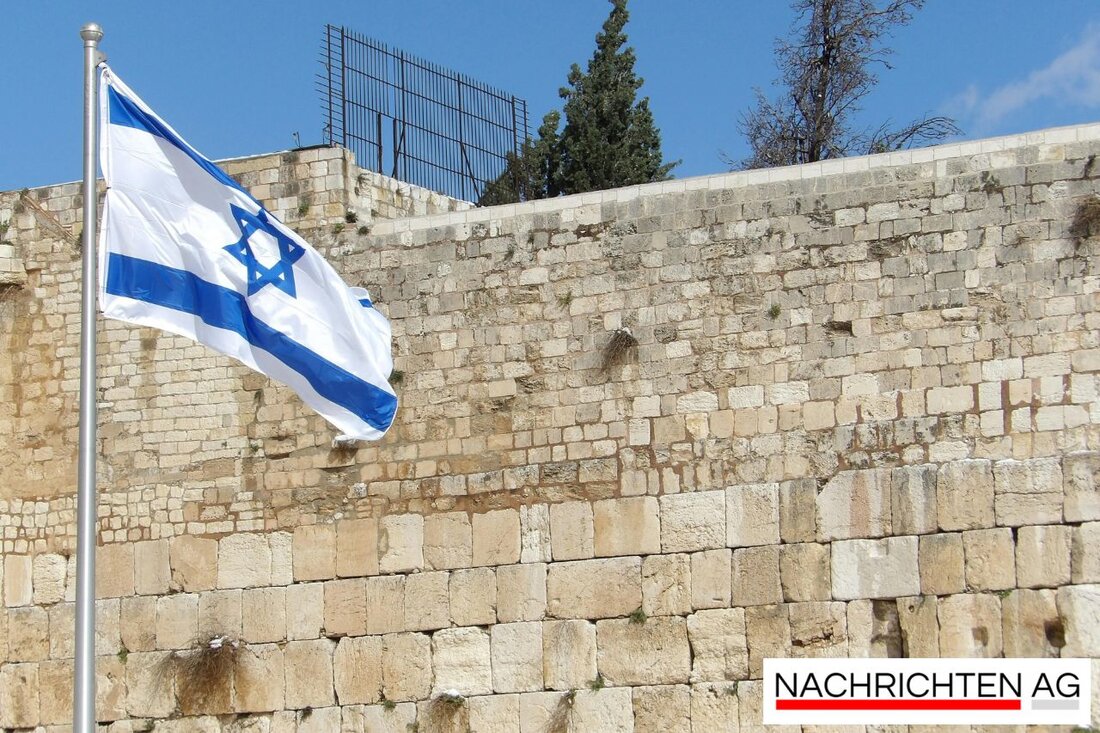Weimer warns: Israel should not be excluded from the Eurovision Song Contest!
Minister of State for Culture Weimer warns against Israel's exclusion from the ESC 2026 in Vienna. Vote planned for December.

Weimer warns: Israel should not be excluded from the Eurovision Song Contest!
The cultural landscape of Europe is once again simmering: Minister of State for Culture Wolfram Weimer has urgently warned that European television broadcasters could act short-sightedly if they want to exclude Israel from the Eurovision Song Contest (ESC). At a time when the search for common ground is more urgent than ever, sorting out artists based on their origins could endanger the basic idea of Europe. As Weimer explained in his appeal, this would be a bitter loss for cultural diversity and the unifying power of music, which is supposed to bring people together. Deutschlandfunk Kultur reports that the discussion about Israel's participation has gained momentum, particularly due to the current events in the Gaza Strip.
A decision on Israel's participation was originally scheduled for November 2025, but this was postponed until December as part of a ceasefire in the Gaza war. This shows that the political situation directly affects cultural events. The European Broadcasting Union (EBU) is now planning a vote on Israel's future participation, and pressure from various countries is growing: Spain, Ireland and the Netherlands have made it clear that they will consider boycotting the ESC if Israel takes part. Nevertheless, Germany is clearly against exclusion, which could have a major impact on the political landscape and cultural exchange in Europe.
The ESC as a symbol of European unity
The Eurovision Song Contest, historically created as a platform for connecting European nations after the war, is particularly in focus this year. The ESC 2026 will take place in Vienna and could offer a stage for dialogue and understanding amid these tensions. star highlights that in addition to Germany, other countries have also spoken out against excluding Israel, as the competition usually brings together more than 35 participating countries, and such a decision could cause lasting damage to the entire event.
The past of the ESC is also particularly interesting: the last two competitions in Malmö and Basel were heavily influenced by the controversies surrounding Israel's military actions. The Austrian singer JJ, who won the ESC 2024 in Basel, is now setting the course for the big event at home. His achievement gives Austria the right to host ESC 2026, giving Austrian music fans the opportunity to experience the event up close.
Amid all this tension, one thing is clear: the ESC remains a significant cultural event that goes far beyond just music. Weimer and other political voices are calling for a responsible approach to ensure that artistic freedom does not fall victim to geopolitical tensions. The EBU's upcoming vote in December will therefore be closely monitored. After all, music can build bridges - and that must also apply to the Eurovision Song Contest in Vienna in 2026.

 Suche
Suche
 Mein Konto
Mein Konto